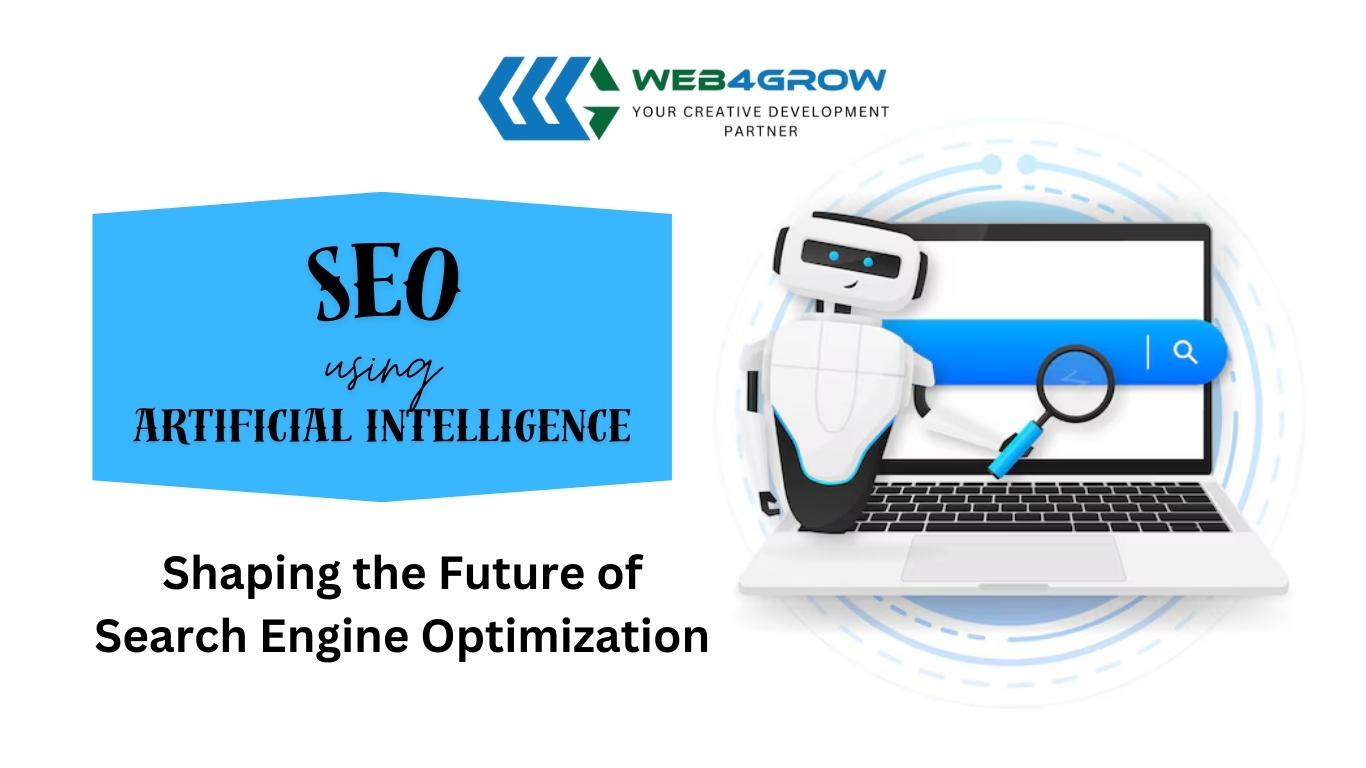How to Build a Successful Career in SEO

Search engine optimization (SEO) has always been dynamic, requiring regular adjustments to align with ever-evolving search engine algorithms. The advent of artificial intelligence (AI) has introduced a new era in SEO, fundamentally altering how search engines evaluate and rank websites. AI now powers many aspects of SEO, shifting the focus from mere keyword use to user intent and content relevance.
What is AI, and Why Does it Matter for SEO?
AI encompasses technologies like machine learning and natural language processing (NLP), enabling computers to mimic human intelligence in analyzing data, identifying patterns, and making predictions. In SEO, AI helps process vast amounts of data, making it possible to automate repetitive tasks and focus on more strategic elements like user engagement and content quality. These developments have positioned AI as an essential partner in building efficient, data-focused SEO strategies.
How AI is Transforming SEO Practice
Advanced Keyword Research & Competitor Analysis
AI tools now help discover highly relevant keywords based on trends, user behavior, and even predictive data on potential keyword success. It also allows brands to study competitors’ strategies, highlighting what works, helping marketers stay ahead.
Content Creation & Optimization
AI-driven tools offer insights for creating high-quality content that aligns with user search intent. From suggesting content topics to refining structure and readability, AI provides actionable outlines and identifies optimization opportunities, ensuring content remains relevant to search engines and users.
Content Clustering and Topic Mapping
Content clusters improve SEO by organizing related articles around central themes, enhancing authority on specific subjects. AI-driven topic mapping guides the creation of content that covers all aspects of a subject, improving the site’s SEO authority and engagement.
Streamlined Content Audits and Updates
AI tools simplify identifying content gaps, obsolete information, and areas for improvement. Frequent updates aligned with AI recommendations keep content fresh and increase visibility on search engines, appealing to changing user needs.
Enhanced Meta Tags, Schema Markup & Structured Data
AI can now generate SEO-friendly meta tags, alt text for images, and structured data in schema formats, increasing visibility in search results. Schema markup provides a more contextually rich search snippet, boosting user engagement and click-through rates.
Internal Linking & Site Structure Improvement
AI tools analyze site structure to suggest internal linking opportunities, improving user navigation and boosting SEO. Distributing link equity effectively strengthens overall SEO performance.
Optimized Multimedia Elements
AI ensures that multimedia, like images and videos, are optimized with appropriate descriptions, alt texts, and captions. This not only enhances accessibility but also makes the content more SEO-friendly.
Voice Search & Conversational SEO
With more users relying on voice search, optimizing content for conversational queries has become essential. AI helps target long-tail keywords that reflect natural speech patterns and common voice search queries.
AI as a Complement, Not a Replacement
While AI significantly enhances SEO efficiency, it is a tool to complement rather than replace human creativity and strategic insights. The unique ability of humans to innovate and interpret complex strategies remains irreplaceable. AI provides valuable data but requires human oversight to ensure alignment with broader business objectives.
Key Takeaways for Leveraging AI in SEO
To stay competitive in an AI-driven SEO landscape:
- Regularly update content, using AI insights to improve quality and relevance.
- Embrace structured data, high-quality multimedia, and well-optimized meta tags.
- Stay proactive with keyword research, competitor analysis, and content clustering to remain adaptable to algorithm changes.
- Emphasize voice search optimization and conversational keywords to cater to voice-assisted search behaviors.
The future of SEO’s future will combine AI’s precision with the innovative potential of human creativity, leading to smarter and more efficient search strategies.
Leave a comment
Leave a comment
Connect with Web4Grow
Ready to take the first step towards unlocking opportunities, realizing goals, and embracing innovation? We're here and eager to connect.

+91 75799 12001



01 Comment
Shantanu,
11 November, 2024AI will be the most transformative technology of the 21st century. It will affect every industry and aspect of our lives.